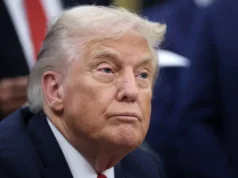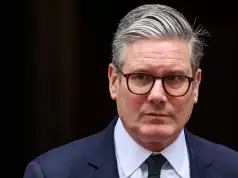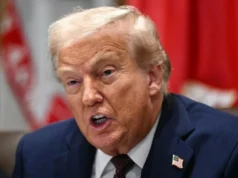Following President Donald Trump’s tariff announcement on April 2, Bitcoin saw significant swings, first rising to $88,000 and then falling to $82,000.
By April 3, it stabilized around $83,000, with the broader crypto market down over 4%. Major altcoins like Ethereum and Solana also declined over 6%, hitting multi-month lows.
Analysts see the tariff news as reducing market uncertainty, potentially attracting institutional investors.
Despite higher-than-expected rates, experts believe the clarity could help Bitcoin regain momentum toward $90,000. Bitcoin ETFs, led by BlackRock, recorded $218 million in inflows on April 2, reversing prior outflows.
Kraken’s Thomas Perfumo challenged the idea that institutional interest stabilises crypto, emphasising that volatility signals demand for a scarce asset.
Some analysts viewed the sell-off as an overreaction to trade policy concerns, highlighting Bitcoin’s resilience as a store of value.
With ETFs showing strong demand, Bitcoin’s price may stabilise and rise, though market participants remain cautious, monitoring trade policies and economic conditions.










